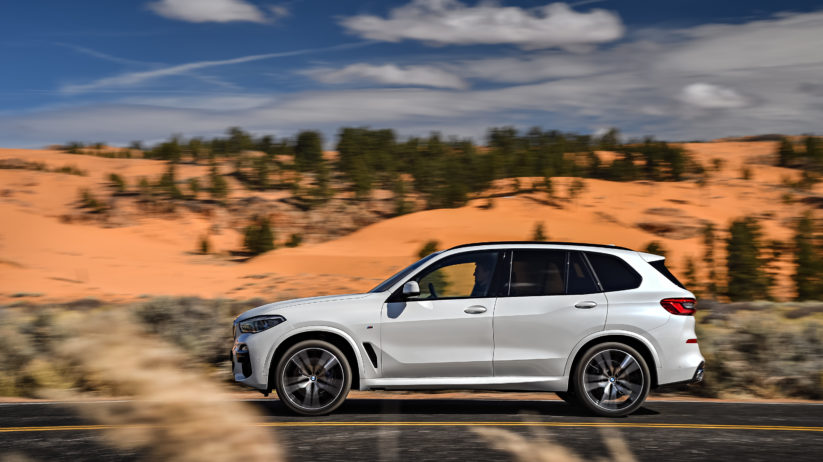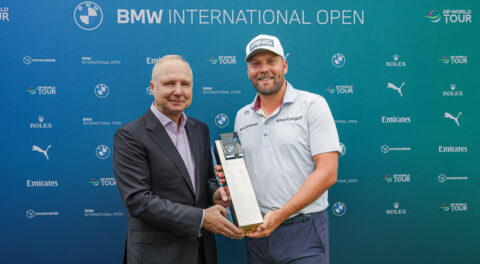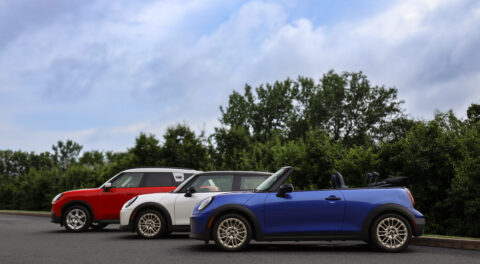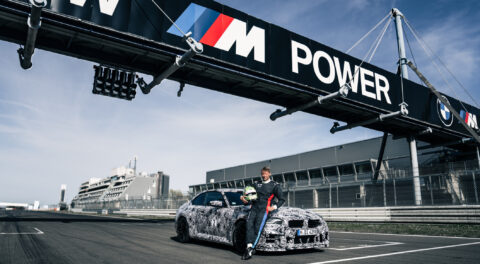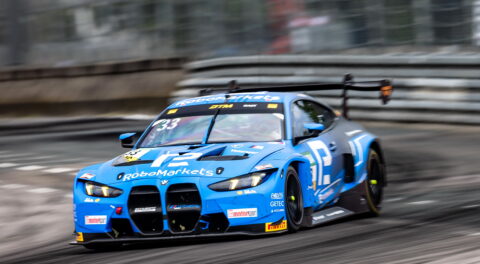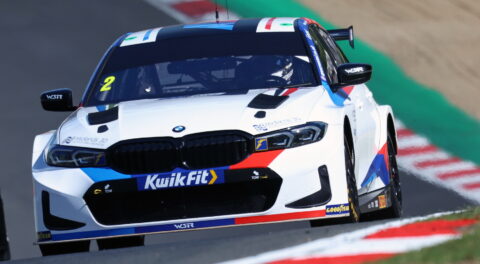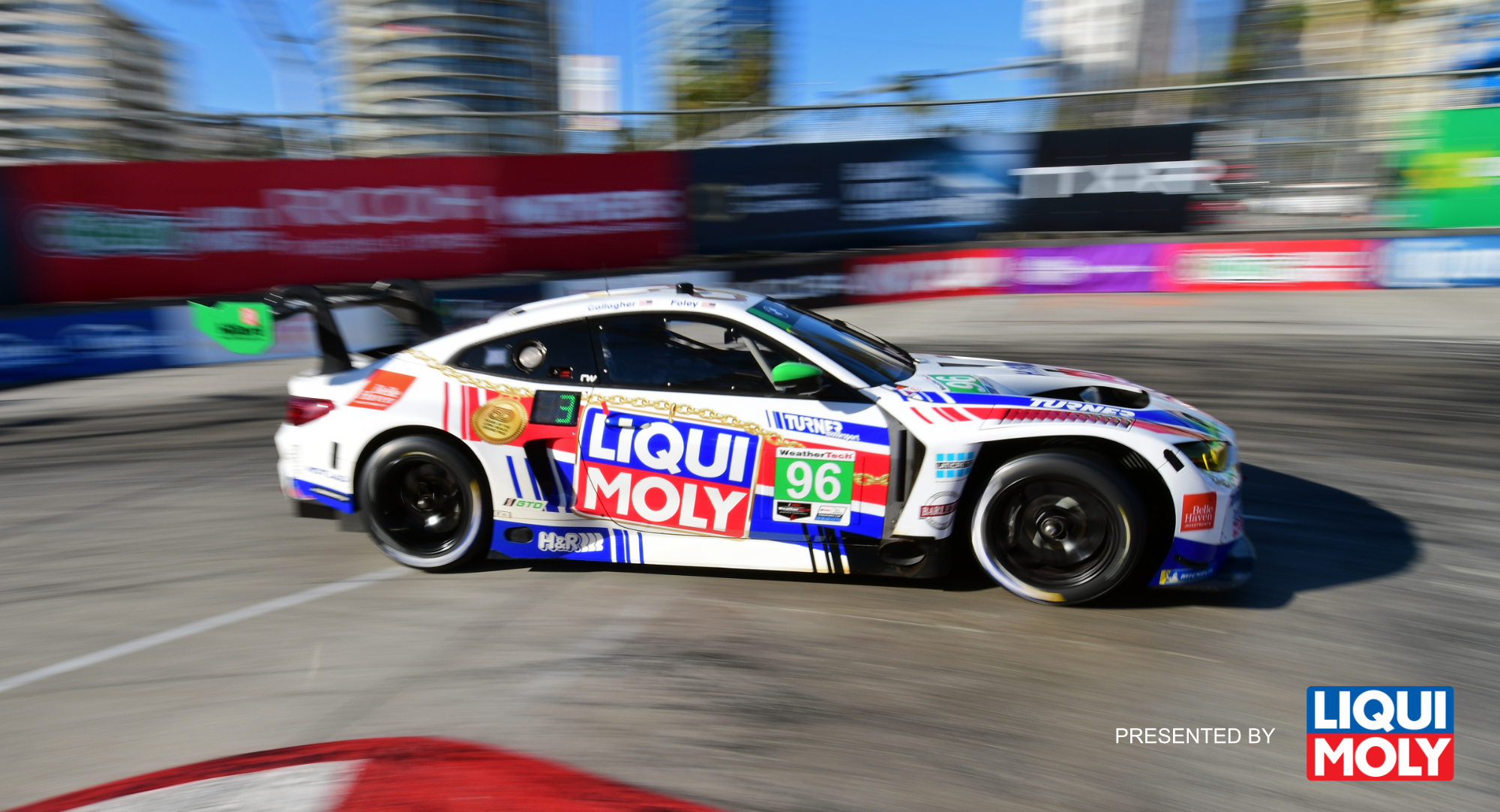U.S. BMW brand sales continued to experience strong, sustained growth in September, with unit deliveries expanding from 25,908 a year ago to 27,467 last month, a year-over-year gain of 6%. Year-to-date, the BMW brand is up 3.3% in the U.S., having sold 232,427 vehicles thus far in 2019, over the previous 225,065. BMW North America was also able to post a positive figure for September, thanks to MINI sales growing for the first time in quite a while. In total, BMW NA sales came to 30,972 units, a 5.5% year-over-year gain from the 29,369 vehicles which met new owners during September of 2018. BMW NA is also creeping forward into positive territory year-to-date, although the margin remains very slim; with deliveries increasing from 259,258 to 260,180, growth of just 0.4%.

The volume sellers for BMW in the U.S. during September were the X3 (5,943), the X5 (4,339), and the 3 Series (4,303). Although the X3 continues to be BMWs most popular model in the U.S., sales took an expected breather from their months-long record expansion, with the entry-level SAV carding a decrease of 7.8% in September from the 6,446 sold last year. The X3 is now competing with itself on the year-over-year scale, with much of the model lineup having been fully available in late 2018. The X5 posted an incredible gain of 132.8%, with deliveries growing from 1,864 to 4,339, although it should be noted that roughly a year ago, sales were in a steady decline ahead of the market introduction of the fourth-generation. The X3 is up 19.8% for the year thanks to 50,120 deliveries compared with 41,825, while the X5 is up 19% owing to unit sales of 37,035 over 31,120.
The 3 Series enjoyed a good month as well. What was formerly BMW’s volume seller remains the most popular conventional passenger car in the lineup, and 4,303 deliveries during September translated to growth of 19%. The 3 Series is still down 5.5% year-to-date with 32,837 delivered, but the seventh generation only started hitting showrooms in March.
Although i8 sales are up 95% year-to-date, BMW’s most futuristic model just doesn’t have the volume to move the needle. BMW Group electrified sales took another large hit in September, declining 52.5% from 2018. As we’ve mentioned in nearly every recent sales article, BMW attributes the drag to model changeover in the EV and hybrid range, with old generations giving way to new, and the 3 Series, X3, and X5 are good examples.
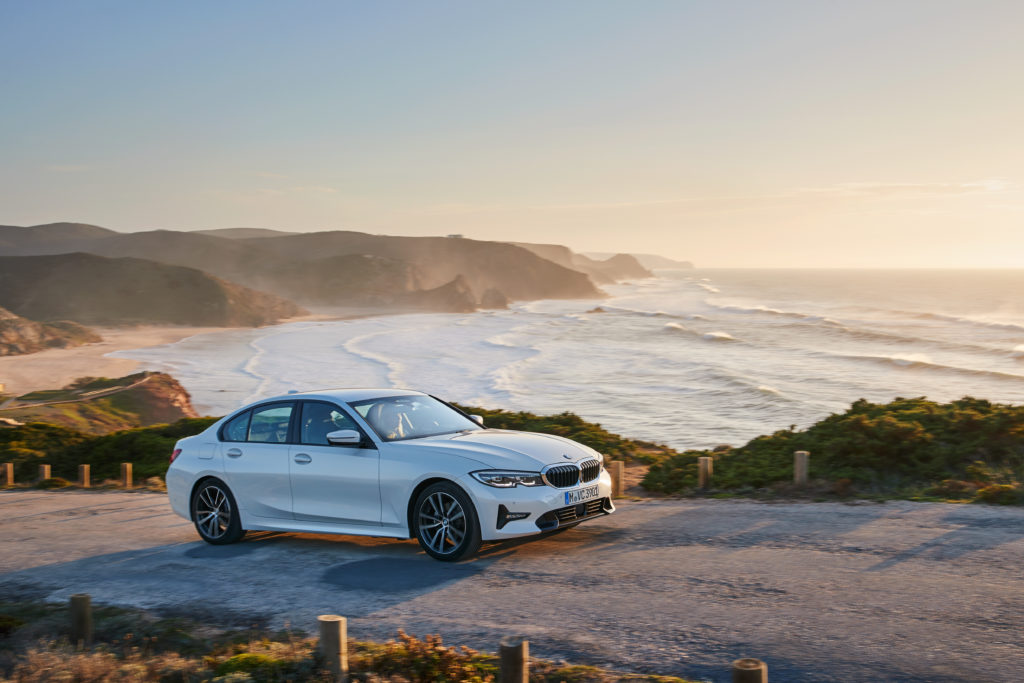
MINI posted its first positive month in quite some time. Sales for the brand grew 1.3% during September, with every model in the negative with the exception of the Countryman, which carded a gain of 20.3% thanks to sales of 1,698 units. MINI remains in the negative year-over-year by 18.8%, with delivery volume having shrunk from 34,193 to 27,753.
Total BMW pre-owned sales decreased 2.3% to 19,756, while BMW Certified Pre-Owned (CPO) sales dipped 7.5% to 9,122. The story is similar with MINI, which recorded total pre-owned sales of 2,140, a decrease of 22.8%, while CPO sales also fell 23.5%, to 913.
Looking at the broader U.S. luxury market, BMW outsold rival Mercedes-Benz by just 35 cars in September. BMW has outperformed Mercedes every month of 2019 except January and February, and year-to-date, maintains a lead of more than 8,200 units, but the margin appears to be in danger of shrinking. BMW’s new CEO Oliver Zipse specifically mentioned a desire to be more aggressive against Mercedes in a memo to employees in August. Lexus outsold both German competitors in July and August, but witnessed a 17% decline in sales last month.—Alex Tock
[Photos courtesy BMW AG.]

